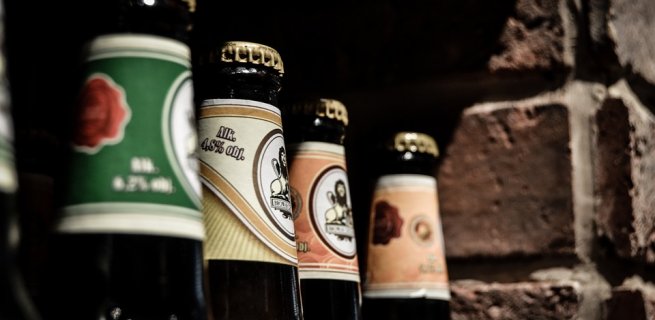The NSW city of Queanbeyan recently made headlines for a serious assault offence.
This city of just 37,000 people doesn’t regularly make the national news, but this time it was the scene of a particularly vicious assault.
The city has a strong historical connection with alcohol and violence.
From 1911 to 1928, when the sale of alcohol was prohibited in neighbouring Canberra, the numerous Queanbeyan pubs attracted considerable business from across the state border.
Many people from the ACT, not wanting to travel all the way for a few drinks would end up having a big night out at Queanbeyan pubs and engage in violence. This was in part the reason for the ending of the ACT prohibition of alcohol.
Just a few weeks ago, one Queanbeyan pub attracted attention due to some of its local patrons once again putting alcohol-fuelled violence in the spotlight.
The attack occurred just before midnight on 20 August this year and the accused included a couple in their thirties. The woman, Rebecca Smith, was the former wife of the victim and, together with her new partner, allegedly inflicted severe injuries.
The victim was attacked so viciously that he suffered a stroke, on top of a broken jaw, impaired vision in his left eye and missing teeth. Bar staff said that blood was splashed all over the place.
Matthew Darrol Davis allegedly started the attack, knocking his victim out with the first punch. He continued to punch him and Smith joined in, kicking her former husbands head.
Another man, not yet identified, also joined in the assault, after which he and Davis fled the pub.
Another man suffered injuries that were not as severe, but still serious enough to warrant stitches, and a fractured elbow.
The attack took place only days after Smith had allegedly told her husband to ‘watch out’.
The entire incident was captured on CCTV footage, but the criminal defence lawyer for the defendants states that the victim had also thrown punches.
The lawyer complained that he was not allowed access to the parts of the footage that would prove his client’s story.
Both defendants face serious charges.
Smith is charged with three counts of causing grievous bodily harm, affray and common assault.
Her partner, Davis, faces charges of causing grievous bodily harm, assault occasioning actual bodily harm and affray.
If the victim had died, and his attackers were intoxicated, they could have been facing even more serious charges under the NSW government’s new laws aimed at targeting alcohol-fuelled violence.
If a person, while intoxicated, attacks another and this results in death, they face a mandatory minimum sentence of eight years.
But as it is, if convicted of the most serious charge, grievous bodily harm, both defendants could be facing a maximum jail time of 25 years.
The other charges are not as serious but still carry potential prison sentences.
Affray is an offence that consists of using, or threatening to use, unlawful violence that causes another person who is present to fear for their safety. The maximum penalty for affray is 10 years.
Actual bodily harm means that some harm must have been sustained but does not have to be serious. It must be more than light scratching or minor swelling and the maximum penalty for actual bodily harm is seven years.
Common assault is the least serious of all assault charges, and has a maximum jail sentence of two years.
According to the NSW Bureau of Crime Statistics and Research, the number of assaults has remained stable in Queanbeyan for the past two years.
The defendants appeared recently in Queanbeyan Local court where, despite opposition from the police prosecutor, they were granted bail.
The defence lawyer told the court that neither Smith nor her partner Davis had a criminal history or held a risk of reoffending or interfering with witnesses.
The attack seemed to be a combination of spontaneity when the opportunity arose, as well as some level of planning. The prosecutor told the court that it was unprovoked.
They will return to the Queanbeyan Local Court in October.











